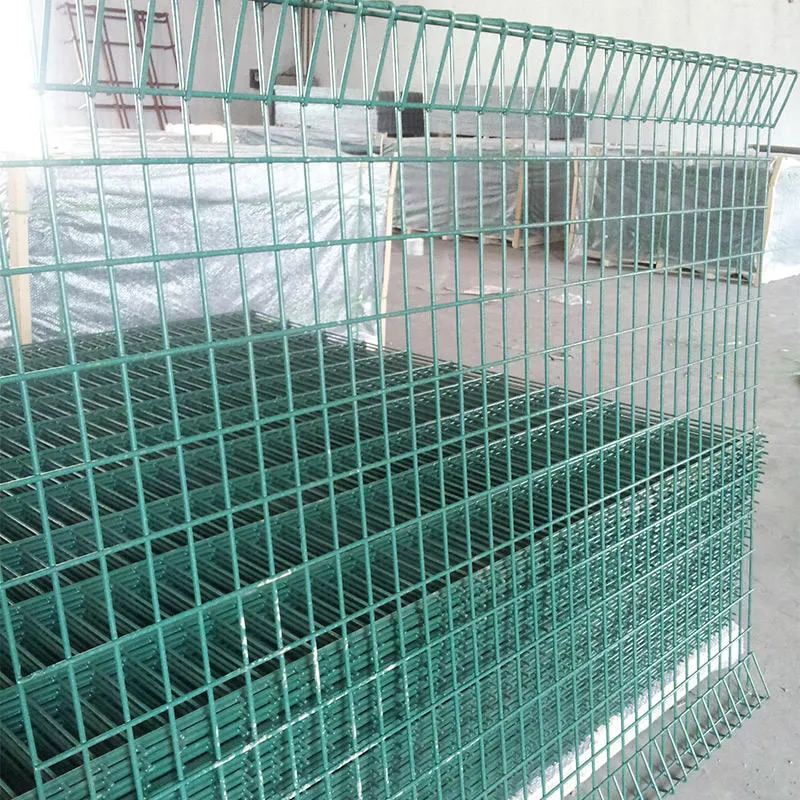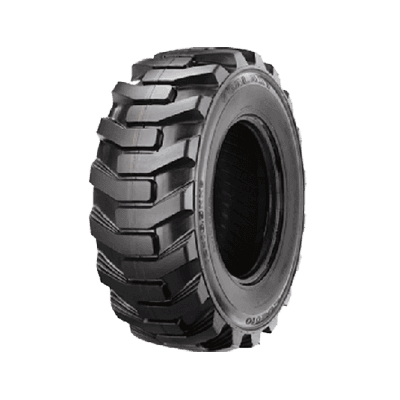јул . 06, 2025 05:24 Back to list
High-Quality Deformed Steel Bar Manufacturer & Supplier Best Iron Rods Factory
- Introduction to deformed steel bar
s: significance and industry relevance - Technical advantages of deformed steel bars over traditional steel products
- Comparative analysis of deformed steel bar factories and manufacturers
- Customization options offered by leading iron rods deformed steel bar suppliers
- Case studies: Real-world applications and performance data
- Market trends, sustainability, and supply chain insights
- Conclusion: The value proposition of deformed steel bar manufacturers

(deformed steel bar)
Deformed Steel Bar: Fundamental Material Shaping Modern Construction
Deformed steel bars are pivotal materials shaping the modern construction industry’s capabilities and standards. Their ridged surface dramatically enhances the mechanical bond with concrete, resulting in reinforced structures with superior strength and durability. The global demand for deformed steel bars reached approximately 265 million metric tons in 2022, reflecting infrastructure surges across Asia, the Middle East, and rapidly urbanizing regions (source: World Steel Association). As building safety codes become increasingly strict, contractors, architects, and developers are pivoting from traditional smooth bars to deformed steel bars for reinforced concrete applications. These materials are especially critical in earthquake-prone regions, multistory buildings, and infrastructure such as bridges, tunnels, and dams, where maximum load-bearing and resistance to stress are essential. Their widespread usage reflects a fundamental shift in project quality standards as well as safety assurance in the civil and structural engineering sectors.
Technical Superiority: Why Deformed Steel Bars Excel
The advantage of deformed steel bars over plain bars is fundamentally rooted in their mechanical interlocking with concrete. The patterned surface—typically ribbed or indented—distributes loads along the length of the bar while minimizing slippage within the concrete matrix. Modern deformed steel bars conform to international standards such as ASTM A615/A615M and BS4449, with yield strengths usually exceeding 500 MPa (megapascals), compared to the 250–400 MPa of mild steel bars. This increase in yield strength translates directly to thinner, lighter, and more cost-effective structures.
Another notable trait is their improved ductility, which allows structures to flex under seismic and heavy wind loads, reducing catastrophic failure risks. Deformed steel bars also have higher fatigue resistance—a crucial property for bridges and high-traffic infrastructure. Their corrosion-resistant finishes, often achieved through manufacturing innovations like microalloying and controlled rolling, further prolong service life. For example, the application of epoxy coatings and micro-silica infusions can increase corrosion resistance by over 200% compared to uncoated alternatives. Collectively, these advancements position deformed steel bars as the default specification for future-facing construction.
Evaluating Deformed Steel Bar Factory, Manufacturer, and Supplier Performance
The quality and consistency of deformed steel bars depend heavily on their production process. Leading deformed steel bar factories integrate automated rolling mills, continuous casting, and strict quality control protocols. Differentiation among iron rods deformed steel bar manufacturers and suppliers is evident in annual production output, product grading, and innovation in custom offerings.
The comparative data in the table below outlines production capacities, product range, and grade compliance among global leaders:
| Factory/Manufacturer | Annual Capacity (Metric Tons) | Product Range | Standard Compliance | Customization Services |
|---|---|---|---|---|
| ArcelorMittal | 5,800,000 | 6-50mm diameter bars | ASTM, BS, EN | Yes (length/finish) |
| Tata Steel | 4,600,000 | 8-40mm, ribbed/rebar coils | IS, JIS, ASTM | Yes (chemical grade) |
| POSCO | 3,900,000 | High-ductility, corrosion-resistant | BS, DIN, AASHTO | Yes (coating,color) |
| Jindal Steel & Power | 2,200,000 | 10-32mm, TMT, iron rods | IS, BS | Limited |
From this comparison, ArcelorMittal and Tata Steel consistently outperform in terms of output and standards, while POSCO specializes in high-durability bar variants popular in marine and seismic applications. Iron rods deformed steel bar manufacturers that invest in in-house testing labs, traceability systems, and stringent third-party audits show lower failure rates and improved contract fulfillment—even on mega-projects demanding tailored bar solutions.
Iron Rods Deformed Steel Bar Supplier Customization Solutions
Not all infrastructure projects have identical requirements: high-rise urban towers, coastal bridges, and industrial plants each demand specific mechanical and chemical properties. Leading iron rods deformed steel bar suppliers empower clients through customized options, including:
- Diameter and Length: Sizing from 6mm to 50mm, and custom-cutting for on-site efficiency.
- Coatings: Options such as epoxy, galvanization, and zinc-aluminum for enhanced corrosion resistance—especially relevant for marine or chemical plant use.
- Microalloying: Tailored carbon, vanadium, or boron ratios for high ductility or extreme yield requirements.
- Heat Treatment: Thermo-mechanical treatment (TMT) and quenching technologies improve strength-to-weight ratios.
- Documentation: Barcoding and electronic mill certificates, allowing contractors to verify origin and specifications instantly.
Case Studies: From Skyscrapers to Bridges—Real World Performance
The true value of deformed steel bars is best illustrated through their application in some of the world’s most challenging construction projects.
- Burj Khalifa, Dubai: Over 39,000 metric tons of grade 60 deformed steel bars were used, enabling the core structure to withstand wind forces of 250 km/h and seismic shifts up to 5.5 Richter scale.
- Millau Viaduct, France: The world’s tallest bridge utilized specialized, corrosion-protected deformed bars, ensuring a projected maintenance-free lifespan of over 120 years.
- Tokyo Skytree: Advanced microalloyed deformed steel bars reinforced the 634m tower's foundation, providing necessary ductility for frequent tremors and typhoons.
- Bosphorus Strait Tunnel, Turkey: Marine-grade deformed bars (minimum yield strength of 550 MPa) were specifically chosen to prevent saltwater ingress, a key factor in exceeding regional longevity requirements by 40%.
Market Trends, Sustainability, and Supply Chain Strategies
The deformed steel bar sector is rapidly adapting to evolving market demands and environmental considerations. Global forecasts indicate a compound annual growth rate (CAGR) of 4.5% through 2030, with rising demand fueled by megacity development, public infrastructure stimulus, and refurbishment of aging assets (source: Grand View Research).
Sustainability commitments are remolding the supply chain: more than 55% of leading factories now incorporate recycled scrap (meeting ISO 14001 environmental management standards), slashing carbon emissions by up to 40%. Deformed steel bar factories are investing in water recycling, waste heat recovery, and green shipping agreements, which are fast becoming important criteria for contractor selection. Meanwhile, digitalization—from predictive maintenance in rolling mills to blockchain-backed supply traceability—is reducing lead times and lowering inventory risks. This technological momentum secures timely delivery and consistent quality for projects worldwide.
Procurement managers are advised to prioritize suppliers with transparent sustainability policies and proven on-time delivery records—factors that directly impact both the project’s environmental footprint and its economic outcome.
Deformed Steel Bar Manufacturer: Building for the Next Century
The deformed steel bar market has established itself as a cornerstone of global construction. By consistently outperforming traditional reinforcement methods in strength, resilience, and versatility, manufacturers and suppliers enable the next generation of ambitious infrastructure, urban megaprojects, and sustainable development. As the marketplace continues to prioritize efficient, low-impact solutions, deformed steel bar manufacturers investing in innovation, customization, and transparent operations will remain pivotal partners for builders worldwide. The transformation of raw iron rods into precision-engineered deformed steel bars is not just a technical process, but a commitment to progress, safety, and the enduring value of civil engineering excellence.

(deformed steel bar)
FAQS on deformed steel bar
Q: What is a deformed steel bar?
A: A deformed steel bar is a type of reinforcing bar with surface ribs or deformations that improve its bond with concrete. It’s commonly used in construction for added structural strength. These bars are stronger than plain round bars.Q: How can I find a reliable deformed steel bar factory?
A: Look for a deformed steel bar factory with certifications, positive customer reviews, and consistent quality standards. Request product samples and factory tours if possible. Compare prices and delivery options before making a decision.Q: What should I consider when choosing an iron rods deformed steel bar manufacturer?
A: Ensure the manufacturer follows international standards and offers customizable sizes. Check their production capacity and timely delivery reputation. Technical support and after-sales service are also important.Q: What are the benefits of using an iron rods deformed steel bar supplier?
A: A reliable supplier ensures consistent product quality and timely deliveries. They may offer bulk discounts and technical guidance. Good suppliers also provide certificates for their materials.Q: Are there different grades of deformed steel bars available?
A: Yes, deformed steel bars come in various grades based on tensile strength and composition. Common grades include ASTM A615 Grade 40, 60, and 75. Always specify the required grade for your project.-
Welded Wire Mesh for Industry: Factory Direct & Custom Solutions
NewsAug.21,2025
-
Welded Wire Mesh for Industry | Factory Direct & Durable Solutions
NewsAug.19,2025
-
Chain Link Fence-Anping County Puersen Hardware Wire Mesh Co., Ltd.|Durable Security&Versatile Applications
NewsAug.18,2025
-
Glass Food Storage Jar with Screw Wooden Lid - Anping County Puersen|Heat-Resistant & BPA Free
NewsAug.18,2025
-
Glass Food Storage Jar with Screw Wooden Lid - Anping County Puersen Hardware Wire Mesh Products Co., Ltd
NewsAug.18,2025
-
Glass Food Storage Jar with Screw Wooden Lid - Anping County Puersen Hardware Wire Mesh Products Co., Ltd|Eco-friendly Durable Storage
NewsAug.18,2025

